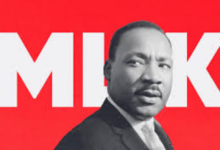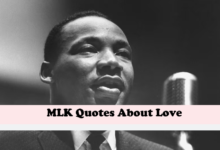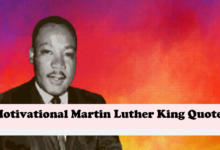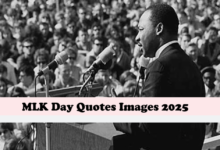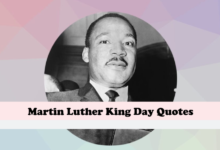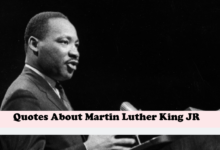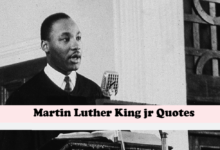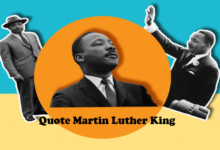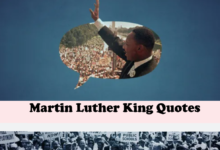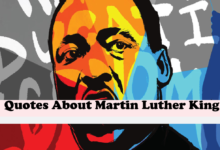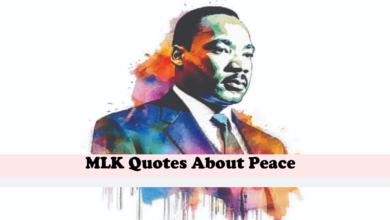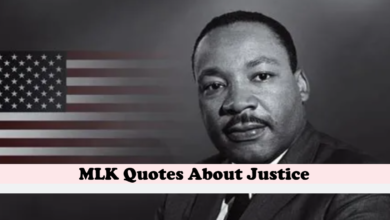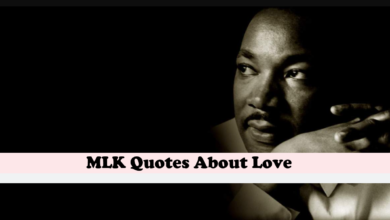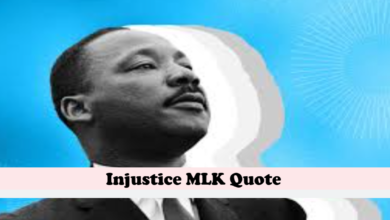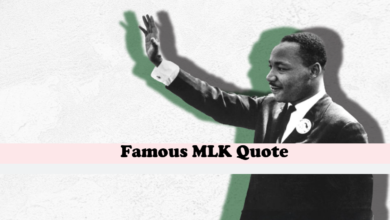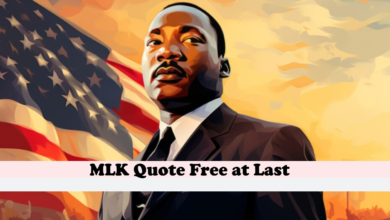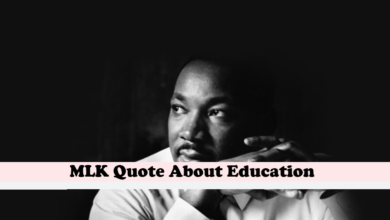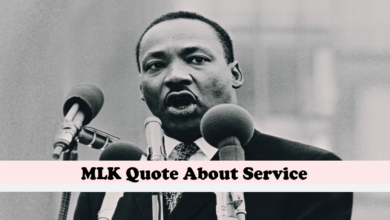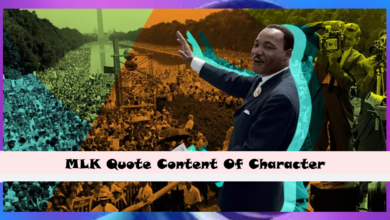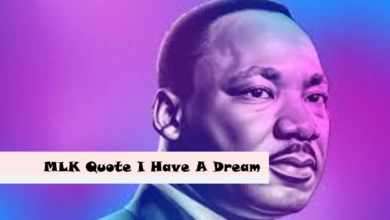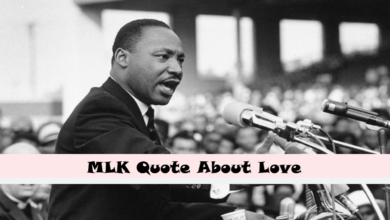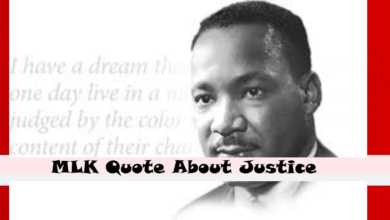MLK Quote The Arc Of Justice
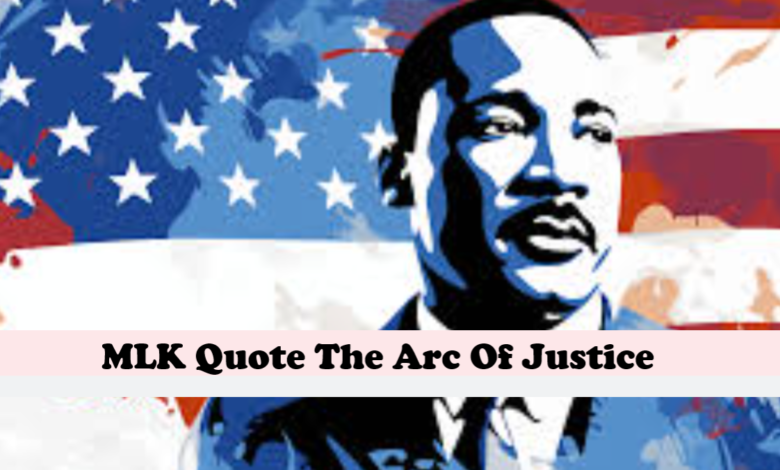
One of the most enduring and widely quoted lines from Martin Luther King Jr. is, “The arc of the moral universe is long, but it bends toward justice.” This profound statement encapsulates King’s unwavering belief in the ultimate triumph of justice, despite the length of time it may take to achieve it. Delivered during a speech in 1965, this quote has since become one of the guiding principles for civil rights activism and social justice movements around the world.
In this blog post, we will delve into the significance of King’s “arc of justice” quote, its historical context, and its relevance in today’s world. We will also explore how this quote continues to inspire individuals and movements dedicated to creating a more just and equal society.
MLK Quote The Arc Of Justice
The “arc of the moral universe” is a metaphor that Martin Luther King Jr. used to describe the long and often difficult journey toward justice. The phrase implies that while the path to justice may be winding, slow, and filled with obstacles, it is ultimately an inevitable process that bends toward a moral conclusion. King’s assertion that it bends “toward justice” signifies his belief that, over time, the forces of justice and equality will ultimately prevail over oppression, injustice, and hatred.
At its core, the quote reflects King’s deep conviction in the moral order of the universe. It suggests that although progress may be slow and victories hard-won, the moral arc of history is moving in the direction of justice. This idea is rooted in King’s Christian faith, which emphasized hope, righteousness, and the ultimate victory of good over evil.
King’s belief in the arc of justice was not just theoretical or philosophical—it was an actionable principle that motivated his leadership in the Civil Rights Movement. He believed that the persistence of people working for justice, equality, and human dignity would, over time, shift the balance of power in favor of those who were oppressed and marginalized.
“I have a dream that my four little children will one day live in a nation where they will not be judged by the color of their skin but by the content of their character.”
“Forgiveness is not an occasional act. It is a permanent attitude.”
“We must learn to live together as brothers or perish together as fools.”
“Take the first step in faith. You don’t have to see the whole staircase, just take the first step.” [from the recollection of Marian Wright Edelman]
“With this faith, we will be able to hew out of the mountain of despair a stone of hope.”
“A riot is at bottom the language of the unheard.”
“The beauty of genuine brotherhood and peace is more precious than diamonds or silver or gold.”
“The arc of the moral universe is long, but it bends toward justice.”
“True peace is not merely the absence of tension; it is the presence of justice.”
“Injustice anywhere is a threat to justice everywhere.”
“I believe that unarmed truth and unconditional love will have the final word in reality. That is why right, temporarily defeated, is stronger than evil triumphant.”
“The whirlwinds of revolt will continue to shake the foundations of our nation until the bright day of justice emerges.”
“I think I have discovered the highest good. It is love.”
“I have decided to stick with love. Hate is too great a burden to bear.”
“Darkness cannot drive out darkness; only light can do that. Hate cannot drive out hate; only love can do that.”
“In some not too distant tomorrow the radiant stars of love and brotherhood will shine over our great nation with all their scintillating beauty.”
“He who hates does not know God, but he who loves has the key that unlocks the door to the meaning of ultimate reality.”
“When I talk about love … I am not talking about emotional bosh. I am not talking about some sentimental or even some affectionate emotion. I am talking about something much deeper.”
“Darkness cannot drive out darkness: only light can do that. Hate cannot drive out hate: only love can do that.”
― Martin Luther King Jr.,
“I have decided to stick to love…Hate is too great a burden to bear.”
― Martin Luther King Jr.
“I have decided to stick to love…Hate is too great a burden to bear.”
― Martin Luther King Jr.
“Our lives begin to end the day we become silent about things that matter.”
― Martin Luther King Jr.
“In the end, we will remember not the words of our enemies, but the silence of our friends.”
― Martin Luther King Jr.
Faith is taking the first step even when you can’t see the whole staircase.”
― Martin Luther King Jr.
“If you can’t fly then run, if you can’t run then walk, if you can’t walk then crawl, but whatever you do you have to keep moving forward.”
― Martin Luther King Jr.
“But I know, somehow, that only when it is dark enough can you see the stars.”
― Martin Luther King, Jr.
“Let no man pull you so low as to hate him.”
― Martin Luther King Jr., A Knock at Midnight: Inspiration from the Great Sermons of Reverend Martin Luther King, Jr.
“There comes a time when one must take a position that is neither safe, nor politic, nor popular, but he must take it because conscience tells him it is right.”
― Martin Luther King Jr., A Testament of Hope: The Essential Writings and Speeches
“Nothing in the world is more dangerous than sincere ignorance and conscientious stupidity.”
― Martin Luther King Jr.
“The ultimate measure of a man is not where he stands in moments of comfort and convenience, but where he stands at times of challenge and controversy.”
― Martin Luther King Jr.
The Historical Context of the Quote
Martin Luther King Jr. first used the “arc of the moral universe” metaphor in a speech at the conclusion of the 1965 Selma to Montgomery march. This march was a pivotal moment in the Civil Rights Movement, protesting racial injustice, particularly the denial of voting rights to Black Americans in the South. King and other activists were subjected to violence, intimidation, and legal obstacles during their fight for equality. Yet, despite these setbacks, King’s words reflected his belief that the eventual victory of justice was assured, even if the journey was long and difficult.
The quote itself is derived from a letter written by Theodore Parker, a 19th-century abolitionist and minister. Parker’s original version was, “I do not pretend to understand the moral universe, the arc is a long one, my eye reaches but little ways. I cannot calculate the curve and complete the figure, but I can divine it by conscience. And from what I see, I am sure it bends toward justice.” Parker’s version was later paraphrased by King, who adopted it as part of his speeches and writings.
King’s adoption of Parker’s metaphor was particularly resonant in the context of the 1960s. The struggle for civil rights had reached a critical juncture, with systemic racism, segregation, and discrimination deeply entrenched in American society. Many activists, including King, faced intense opposition from political and social forces who sought to maintain the status quo of racial inequality. But King’s message was clear: though the arc of justice might be long, it was unyielding in its trajectory toward a more just society.
The Hope and Optimism Behind King’s Words
One of the most striking aspects of King’s “arc of justice” quote is its optimism. Despite facing overwhelming odds, King remained hopeful about the future. This unwavering optimism was a core part of his leadership style, and it is one of the reasons his words continue to inspire generations of activists.
King’s belief in the arc of justice was a message of hope for those fighting against racial injustice and oppression. It encouraged people to remain steadfast in their commitment to equality, even when progress seemed slow or setbacks appeared insurmountable. King understood that social change was not an instantaneous event—it was a long, often painful process. Yet, his belief that the moral universe bends toward justice gave people the faith and courage to keep pushing forward in the fight for civil rights.
This message is as relevant today as it was during King’s time. In an era of ongoing struggles for racial equality, women’s rights, LGBTQ+ rights, and climate justice, the idea that the arc of history bends toward justice provides a sense of hope and purpose. Even as inequality and injustice persist in various forms, King’s words remind us that the fight for a just world is worthwhile, and that history will ultimately vindicate those who work for justice.
The Challenges and Realities of Progress
While King’s “arc of justice” quote is hopeful and optimistic, it also acknowledges the challenges and difficulties of the journey toward justice. The phrase “the arc is long” suggests that progress is often slow and fraught with setbacks. This is an important aspect of King’s message. It is easy to become discouraged when change does not come quickly or when victory seems elusive. But King’s words serve as a reminder that even when progress is difficult to see, it is still happening.
The Civil Rights Movement itself was a testament to the arduous and persistent struggle for justice. Despite legal victories such as the Brown v. Board of Education decision in 1954 and the Civil Rights Act of 1964, the fight for equality was far from over. King’s metaphor captured the slow, painstaking nature of social change. In many ways, his work—and the work of countless other activists—was about planting seeds that would take time to bear fruit.
In the context of modern-day activism, King’s recognition of the slow pace of progress resonates deeply. From the fight for racial justice and police reform to the efforts to combat climate change, many causes face entrenched opposition and systemic challenges. The “arc of justice” reminds activists that even though they may not see immediate results, their efforts are part of a larger, long-term struggle toward justice.
The Relevance of “The Arc of Justice” Today
While King’s “arc of the moral universe” quote was grounded in the civil rights struggles of the 1960s, its relevance extends far beyond that period. In fact, King’s message of justice has inspired a wide range of contemporary movements for social change.
Today, issues such as racial inequality, economic disparity, gender discrimination, LGBTQ+ rights, and climate change all require a commitment to social justice. Whether through grassroots activism, protests, or policy changes, individuals and groups are working tirelessly to move the moral arc closer to justice.
King’s words have been invoked by movements like Black Lives Matter, which continues to highlight issues of police violence and racial injustice. The fight for economic justice and equitable access to healthcare, education, and housing also draws from King’s message of hope and progress. The ongoing struggles for LGBTQ+ rights, women’s rights, and immigrant rights reflect the continued demand for equality and justice for all people.
In these movements, King’s words remind activists that the work is not easy, and progress may be slow, but change is possible. As history has shown, justice may take time, but it is inevitable.
Conclusion: The Enduring Legacy of King’s Quote
Martin Luther King Jr.’s “arc of the moral universe is long, but it bends toward justice” is a message of enduring hope, faith, and perseverance. It acknowledges the hardships and struggles of the journey toward justice while inspiring individuals to continue the fight for a better future. King’s optimism and belief in the ultimate triumph of justice are qualities that continue to inspire people across the globe in their efforts to create a more just, equitable, and compassionate world.
As we confront the challenges of today’s world—whether they involve racial inequality, climate change, or human rights—King’s words offer both comfort and guidance. They remind us that though the road may be long, the arc of history will, in the end, bend toward justice.
